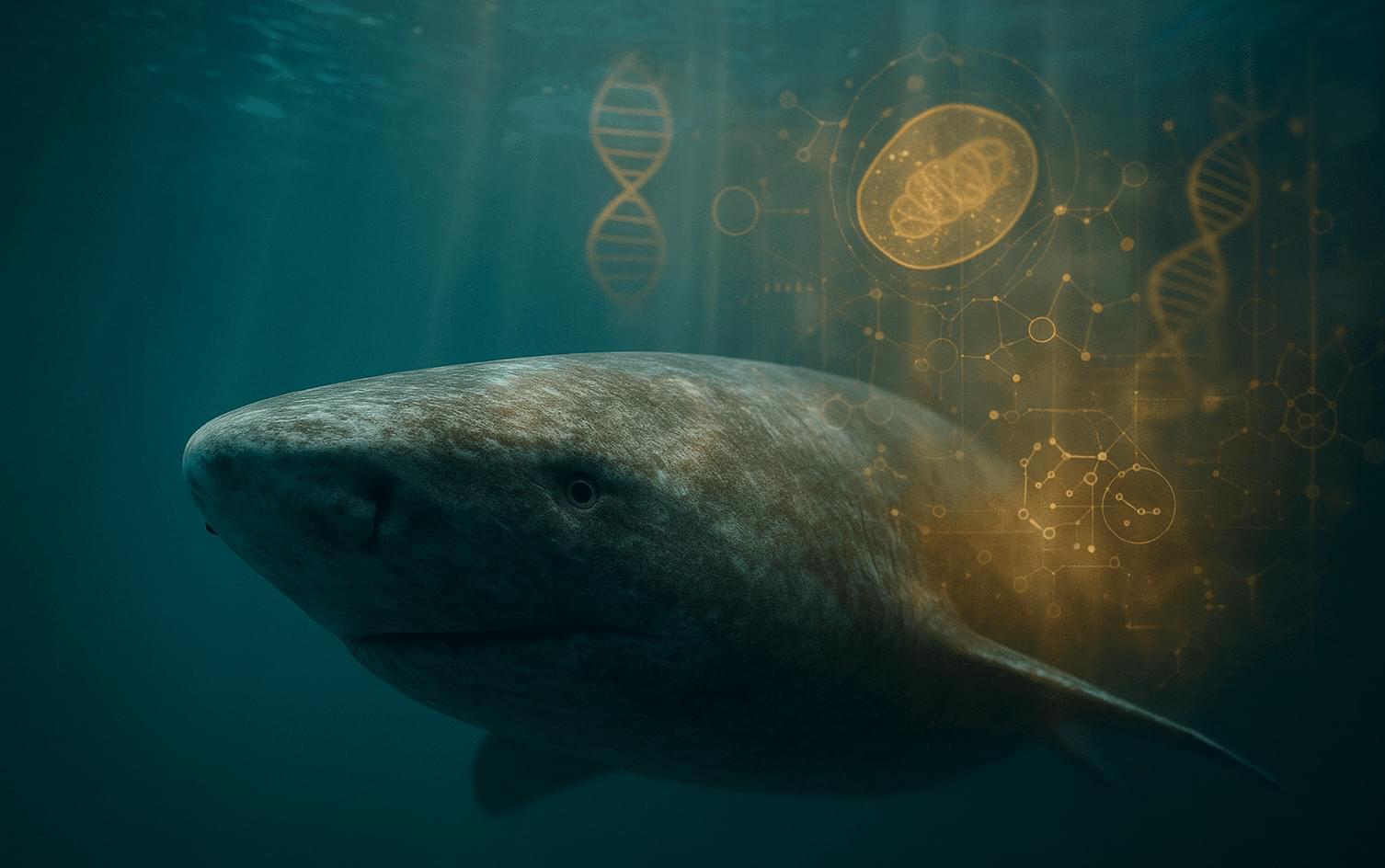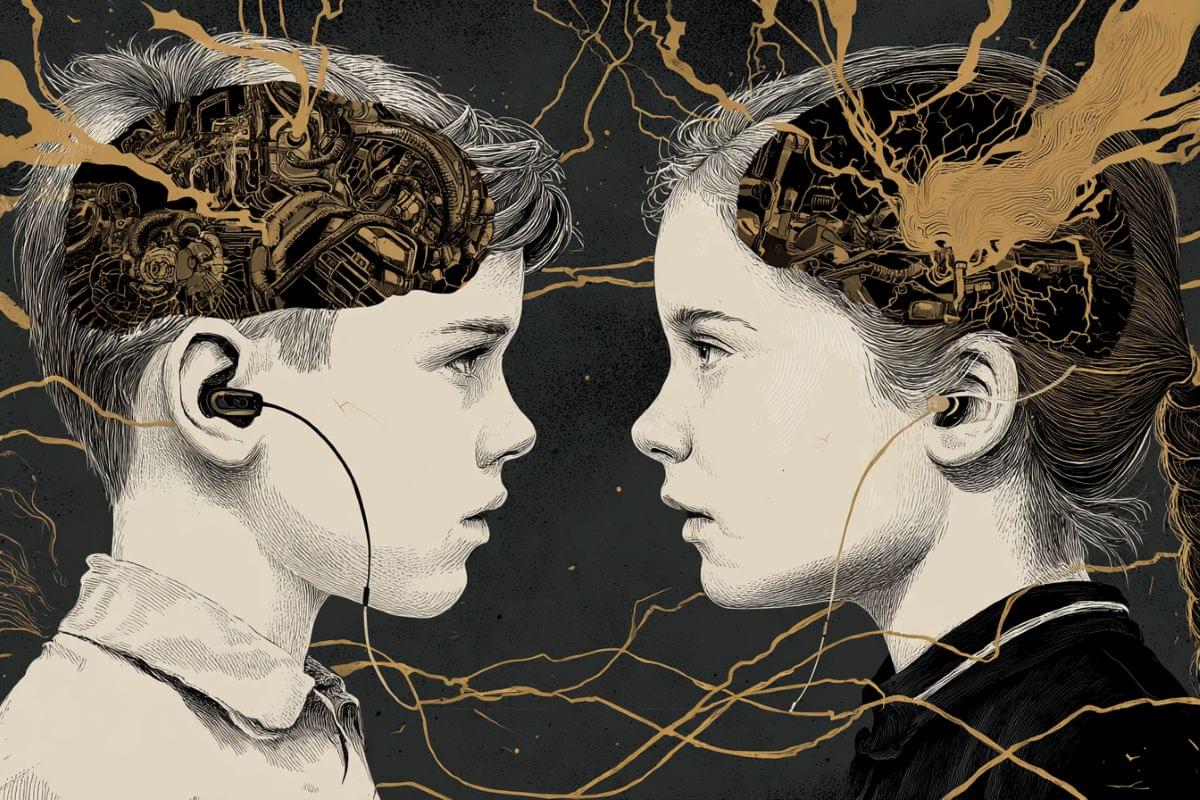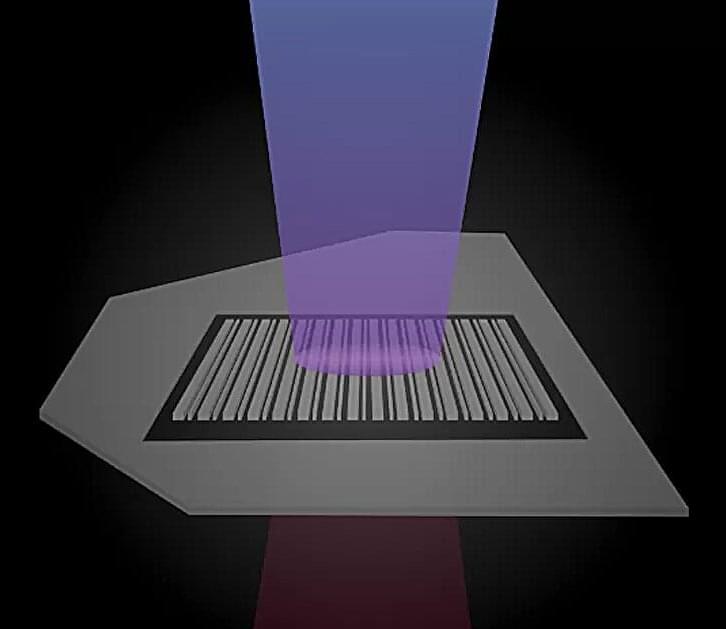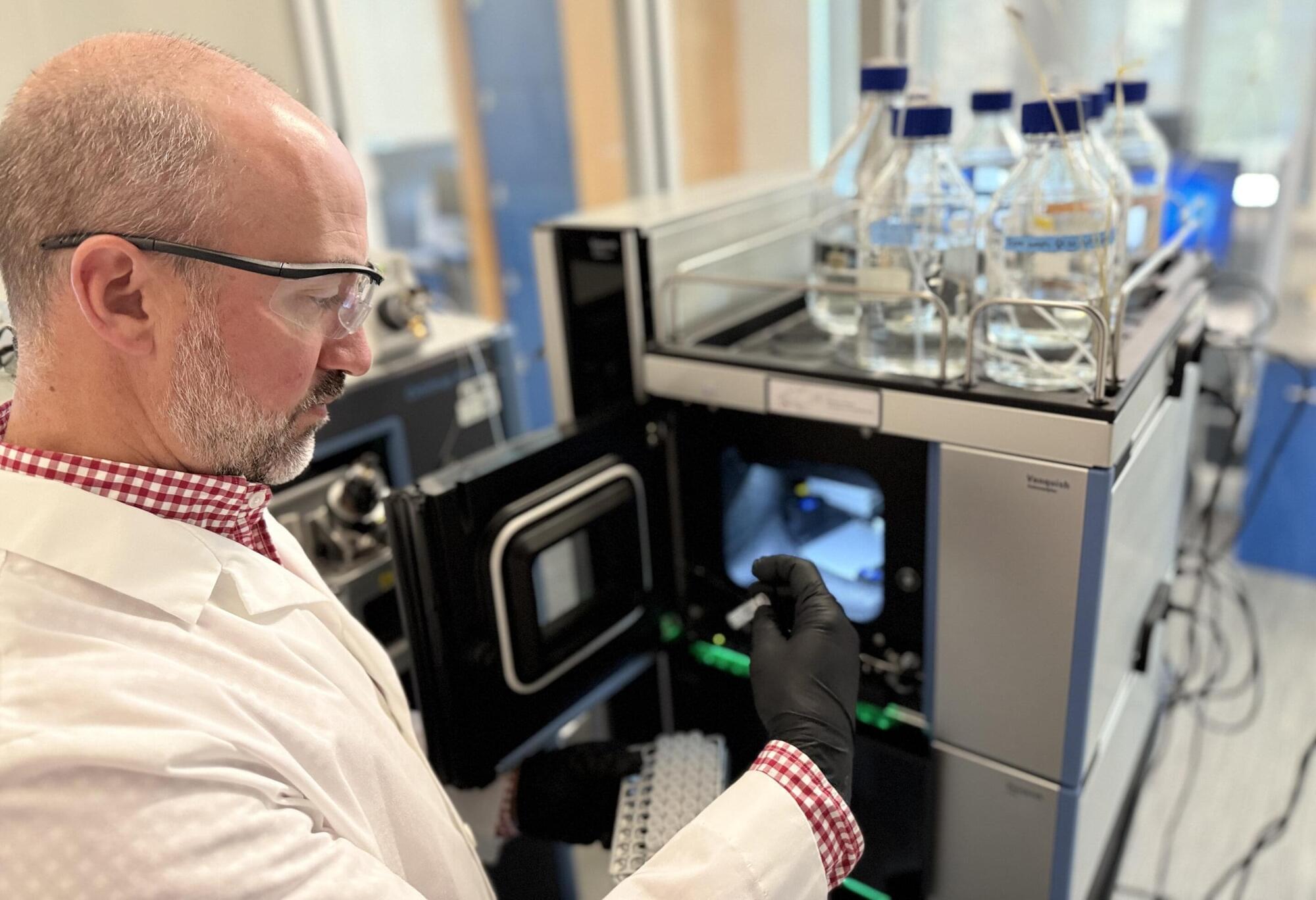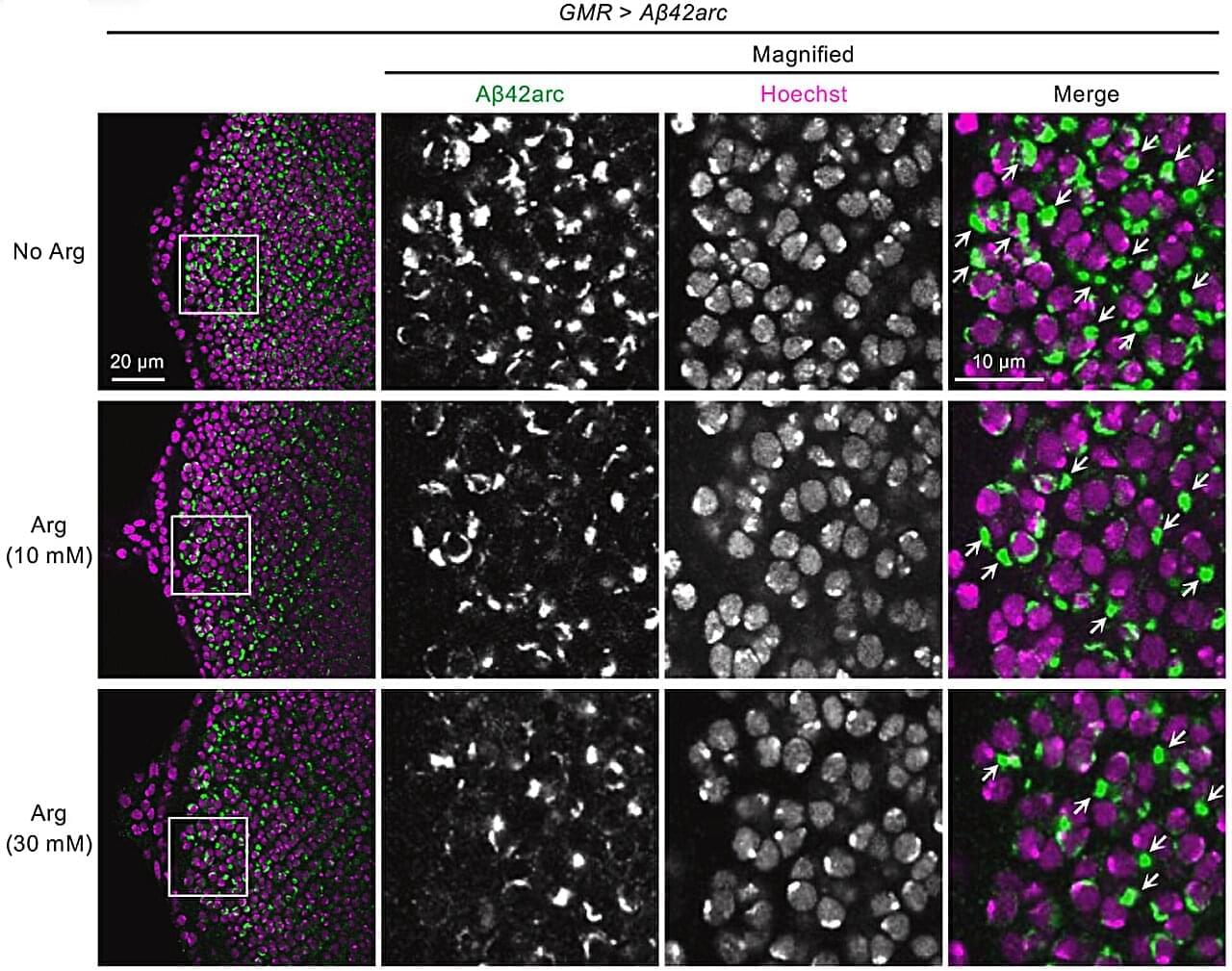Alzheimer’s disease (AD), a progressive neurodegenerative disorder, is one of the leading causes of dementia worldwide, and currently has no definitive cure. Although antibody-based therapies that target amyloid β (Aβ) have recently been developed, their clinical effectiveness remains limited. These treatments can be costly and cause immune-related side effects, highlighting the need for safer, affordable, and widely accessible approaches that can slow the progression of AD.
In a study, published online on October 30, 2025, in Neurochemistry International, researchers from Kindai University and collaborating institutions discovered that oral administration of arginine, a naturally occurring amino acid and safe chemical chaperone, effectively suppresses Aβ aggregation and its toxic effects in animal models of AD.
The researchers emphasized that although arginine is available as an over-the-counter dietary supplement, the dosage and administration protocol employed in this study was optimized for research purposes and does not correspond to commercially available formulations.

